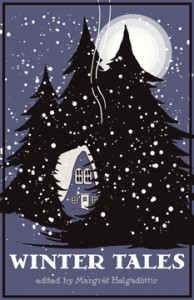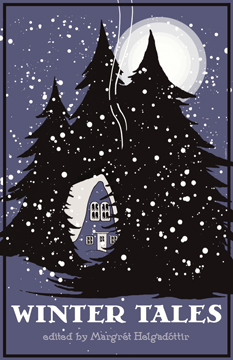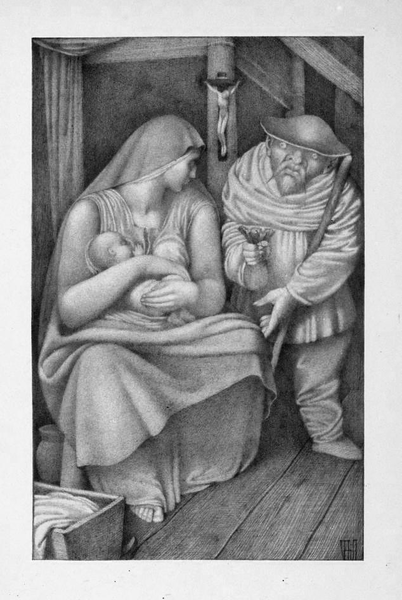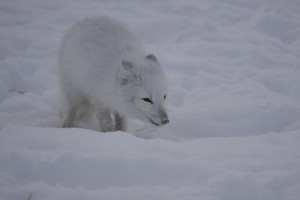It’s Women in Horror Month, so throughout February we are going to be doing snippets from horror books in our collection. This week Winter Tales edited by Margret Helgadottir.

The Wolf Moon
Sharon Kernow
‘You shouldn’t come here. I deliver so you don’t have to come here.’
Despite the hate shining out from the storekeeper’s eyes, Diana remained calm as she replied. ‘If you didn’t miss items from my list, especially when I’ve paid for them, I wouldn’t have to.’ Her tone was mild, gentle. If something a little snide sneaked in, she could hardly be held accountable.
Old Man Carver gazed at her as if he would like to snatch up one of the sharp gardening implements that happened to be a turn and a pace within reach, use it to split her down
the middle. Instead, he seized the list she had placed on the counter, his teeth clamping together, his fingers bunching into fists. His tight grasp threatened to tear the paper as he scanned for the items she had underlined that he had failed to deliver. His boots booming on the boards as he hurried to get the missing components were the only sound in the store. All else had fallen silent.
As one of the products turned out to be on a top shelf, soft curses followed, uttered under the man’s breath but carried in the stillness. During this time, Diana kept her gaze forward though she was aware that her back was unprotected and vulnerable. Not that she believed the other women of the village had the courage to stab her, and the men… They would do other things before slicing her open. Those capable of murder did not regard any part of the flesh as sacred, even the hidden, secret parts of a woman.
She hated their stares more than the thought of an attack. An assault she could react to; she had no protection from the blaze of their glares. She shouldn’t have come here, had come
in part to torment these people with her presence. She survived almost entirely self-sufficient, but winter months were hard, and some would exchange her preserves for coin so she could bolster her other provisions.






